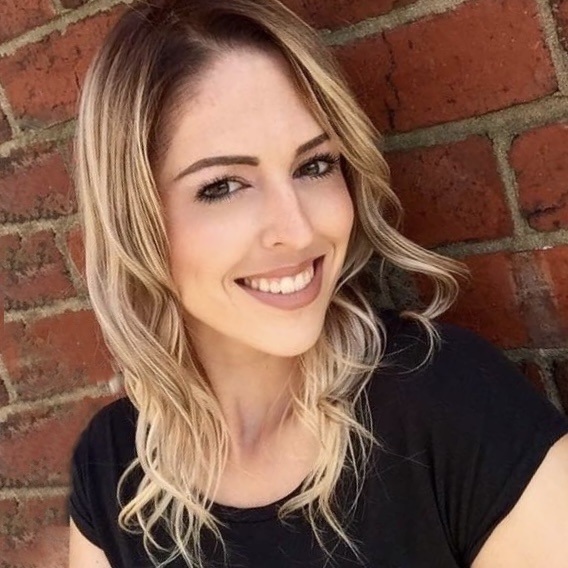Eating disorders
Mental health
Dr Dawn Branley-Bell from Northumbria University is exploring what we can learn about the causes, prevention and future treatment of eating disorders following the rapid transition to remote care during the COVID-19 pandemic.

Recent research by Dr Branley-Bell suggests that many individuals with eating disorders have experienced worsened symptoms during the COVID-19 pandemic, and reported concerns around the suitability of healthcare delivered remotely.
Dr Branley-Bell will work alongside people with lived experience of eating disorders, healthcare providers, eating disorder charities, technology designers and other experts in the field to identify why symptoms worsened during the pandemic and to explore the challenges experienced with remote treatment.
This research will help to improve our understanding of eating disorders, and will also inform future healthcare, technology design, guidance and policy.
Make a donation
Medical research has never been more important. We need your help to continue funding life-changing medical research by some of the UK's leading scientists.
Support usMental health - eating disorders and self-harm
-
Why is there a need to fund new research?
In 2017 we identified eating disorders and self-harm as an area of mental health where we could make a real difference. These are devastating conditions which blight the lives of increasing numbers of young people and their families.
Around 1.2 million people in the UK have an eating disorder. Anorexia has the highest mortality rate of any psychiatric disorder, and other eating disorders such as bulimia can lead to severe medical complications.
The UK’s rates of self-harm are among the highest in Europe and have increased steadily over the past decade. Repeated self-harm results in around 150,000 attendances at accident and emergency departments each year and is one of the top five causes of acute medical admission.
Despite the devastating impact of these life-threatening disorders, our understanding of what drives them to develop is still limited.
Help change lives
We fund and support the most promising health research wherever we discover great opportunities that are not being pursued. We use our donations responsibly and ensure we make the greatest impact where it is most needed.
Support the power of science